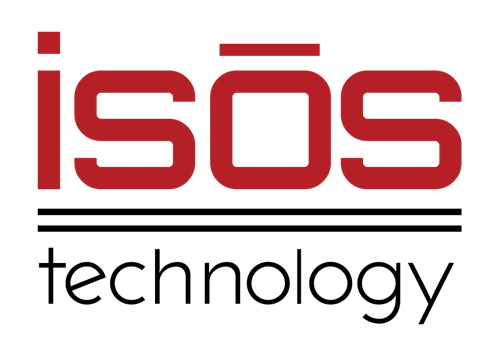 The Struggle with Safety
The Struggle with Safety
Psychological safety is possibly the most important – and also meaningless – modern business concept today.
Important, because it is the key differentiator between a healthy work culture that generates incredible value, and a toxic environment that eventually self-destructs.
Meaningless, because a surface-level adoption of the concept has become so ubiquitous that the words no longer have any real bite. Even teams that operate in toxic, fear-based cultures will pay lip service to “psychological safety”, without it ever driving any meaningful change.
So how can we reframe the conversation, and make it meaningful once more?
Perhaps the best way for us to approach the topic from a fresh perspective is to forget the term “psychological safety” for a little while, and talk about the relationship between performance and authenticity instead.
The Performance Trade-off
We love performance. The concept is so inherently baked into our minds that we use the word “performing” to describe the ideal state of our teams. We are constantly trying to measure and monitor performance, looking for the most relevant and effective key performance indicators.
Unfortunately, the more focus we put on performance, the less room we allow for authenticity.
The harder a team is pushed to meet a certain deadline, or deliver a certain number of story points, the less room there is for team members to say what they really think - to question the goal and approaches being used, or propose new ideas instead.
A team member trying to meet an aggressive deadline will hunker down and do everything in their power to perform, and meet the goal that has been set. But if we remove that deadline and the pressure to perform, that same team member now has the freedom to be authentic. They can take their time to think about the work, ask questions about the desired outcomes, and propose different or better approaches to the work. Free from the pressure of keeping up appearances and “performing”, they can communicate more authentically. They are now able to focus on delivering value, rather than putting on a show.
Authenticity and performance may seem unrelated at first glance. But if the foundation we lay for our teams is one of performance expectations, it will be near impossible to build authentic communication on top of that. Pressure to perform dissolves authenticity on contact.
A better approach is to build a foundation of authentic communication instead, and let performance and value be the emerging results of that healthy foundation.
Authenticity in Action
It doesn’t take a huge change to shift the focus of a team from performance to authenticity. One Isos client previously had teams being approached on a regular basis with the question, “Can we meet this due date?” This inadvertently sub-communicated a context of performance expectations and pressure to answer “yes”, regardless of the team’s actual capacity to deliver. It also made it difficult to have candid discussions about the impacts new due dates were having on other existing efforts.
Isos worked with the leaders of those teams to reframe these conversations with minimal disruption. By shifting the conversation and questions to, “What does our delivery timeline look like?” instead of, “Can you meet this date?”, we helped build a foundation of authentic communication from which performance and value delivery can flow organically.
Circling Back to Safety
It should be clear now why so many conversations around psychological safety fall flat, despite the best intentions of everyone involved: psychological safety is not something we can just add on top of a foundation of performance pressure. We can easily build performance on a safe foundation, but it is much more difficult to build safety on a foundation of performance pressure.
So let’s look for opportunities to flip that structure around, and replace the pressure to perform with the value of authenticity wherever we can. This is how we will build teams that are psychologically safe, built to last, and paradoxically, perform the best.
Sign up to receive more great content
Learn more about Atlassian and how Isos can help by signing up to receive our latest blogs, eBooks, whitepapers and more.













